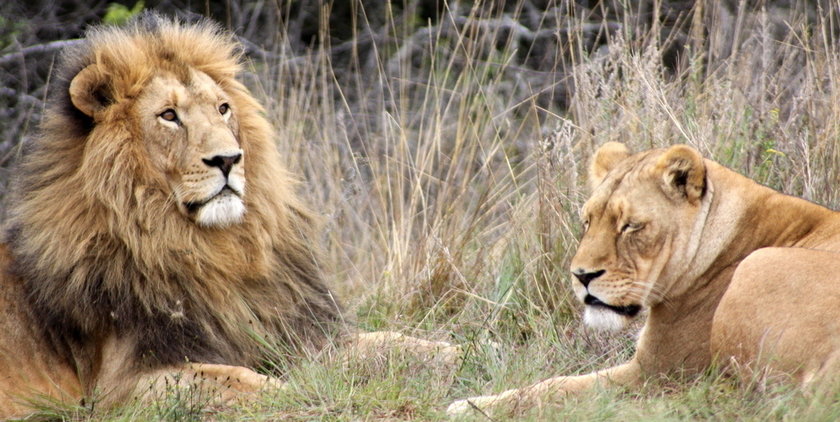
Would you eat an endangered animal?
The recent killing of Cecil, a now famous Zimbabwe lion, has sparked a debate on the ethics of hunting big game animals. While unsanctioned big game hunting should be condemned, it is important to recognize that big game hunting plays a vital role in preserving big game animals, such as lions, and even endangered species.
Scientist Gary Nabhan, in his cookbook, Renewing America’s Food Traditions: Saving and Savoring the Continent’s Most Endangered Foods, argues that the hunting, ownership, and eating of animals, including endangered animals, can actually save these animals from extinction. His arguments are well-supported.
Under a system of private property, individuals have a strong incentive to care for their property. A trip to the average local public restroom will vividly demonstrate the economic concept that people are poor stewards of property they don’t own. Economic freedom, by permitting and protecting property rights, and by limiting the size and scope of government, encourages the productive use of resources and discourages wasteful and destructive uses.
The same concept applies to legalizing the ownership and hunting of big game animals – just as ranchers have the incentive to maintain the health and survival of their cattle. Ranchers will suffer a financial loss if their cattle starve, get sick, or fail to generate offspring. The philosopher Loren Lomasky argues that the primary reason why livestock animals, such as cattle, have such large populations is precisely because we value them as a food source and can legally raise and sell them.
Big game ranchers, who maintain wildlife reserves for paying hunters, have the same incentives to manage their animal populations to ensure the growth and health of their big game populations. For instance, a study on elephant populations in Africa found that the countries that legalized the private ownership of elephants and elephant products, such as tusks and hides, saw their elephant populations increase. Allowing big game hunting and reserves in Nambia has led to the strong growth of their black rhino, cheetah, elephant, and lion populations. The fees generated by big game hunters fund the very operations that helps protect and grow these animal populations. In fact, big game animals such as the oryx and the addax, whose populations are shrinking across most of Africa, are flourishing on private hunting ranches in Texas.
Unfortunately – but predictably – countries that relied on laws forbidding the private ownership or hunting of animals actually saw their populations decrease, demonstrating that anti-hunting laws that prohibit or inhibit private reserves, actually put animal species at risk. Poachers on public land lack the incentive private owners have to take care of and manage animal populations; if they don’t take the shot, the next poacher will. Even in the U.S., studies on the effects of the Endangered Species Act find that, by undermining private property rights, it creates the perverse incentive for landowners to make their land inhospitable to the survival of endangered species. Even more tragically, the Endangered Species Act even provides the incentives for landowners to kill any endangered animals they may find on their property.
Rather than condemn big game hunters and private hunting reserves, those concerned about the survival of big game animals should be thanking reserve owners and hunters for their conservation efforts. Private property rights, including the legal right to hunt and own big game animals, provide the market incentives for reserves to care for and manage big game animal populations, even endangered species.
Stephen C. Miller is the executive director of the Johnson Center at Troy University. Follow him on Twitter: @stevemillerecon Daniel J. Smith is an associate professor of economics at the Johnson Center at Troy University. Follow him on Twitter: @smithdanj1
Don’t miss out! Subscribe today to have Alabama’s leading headlines delivered to your inbox.